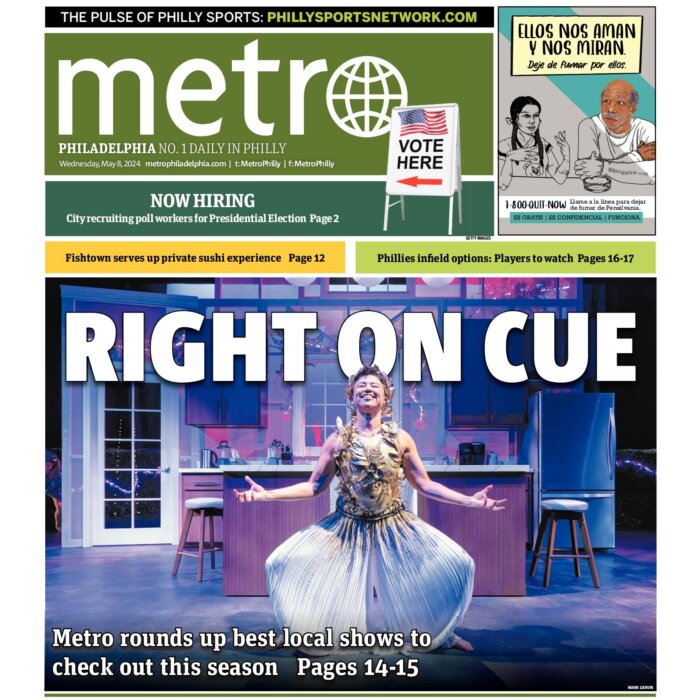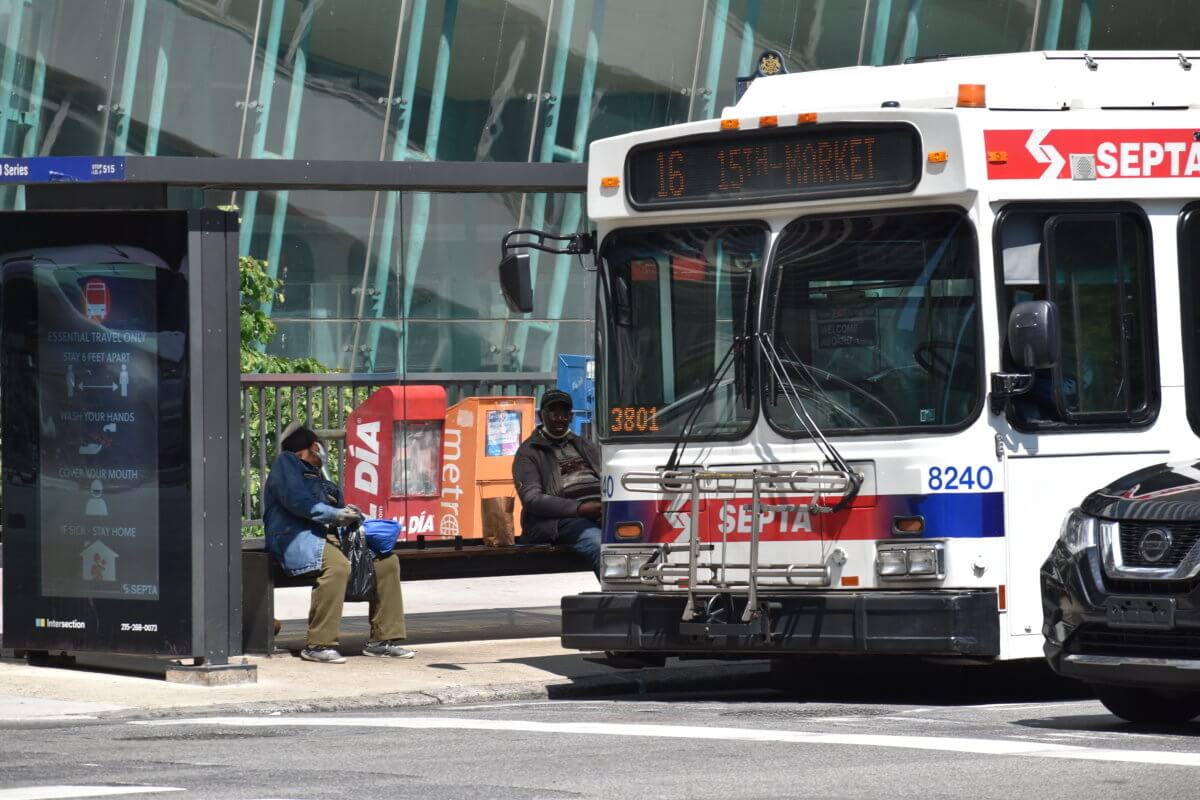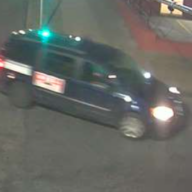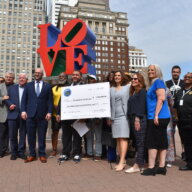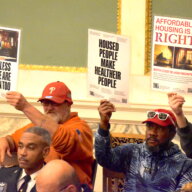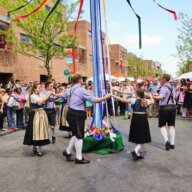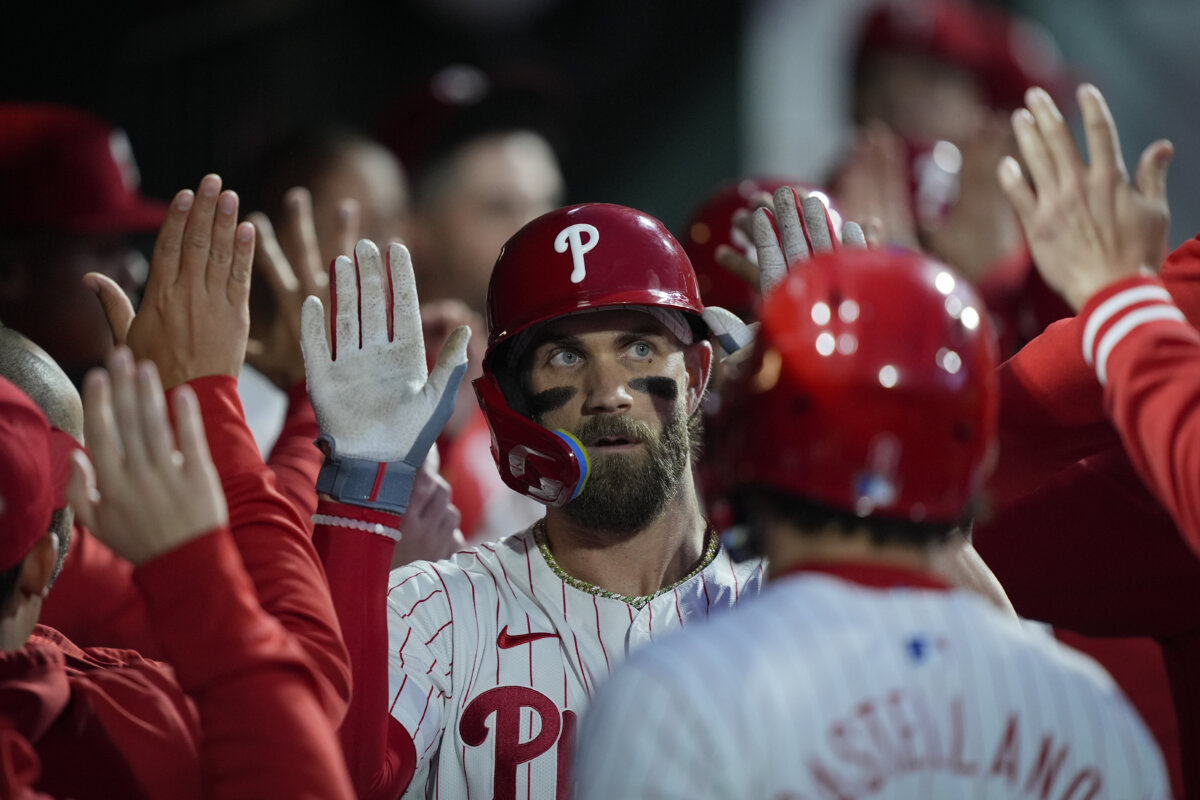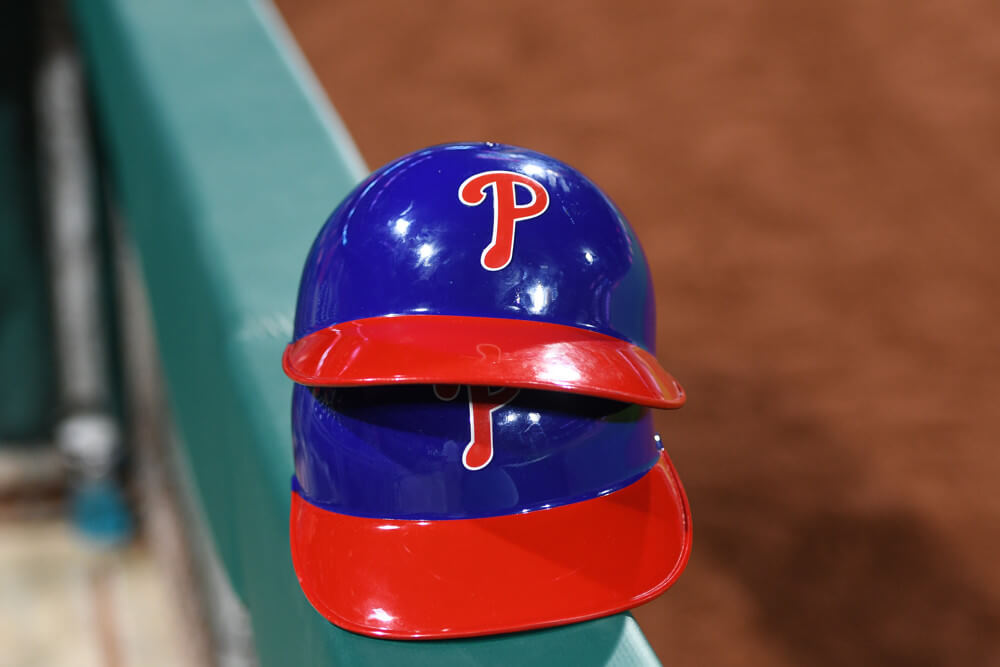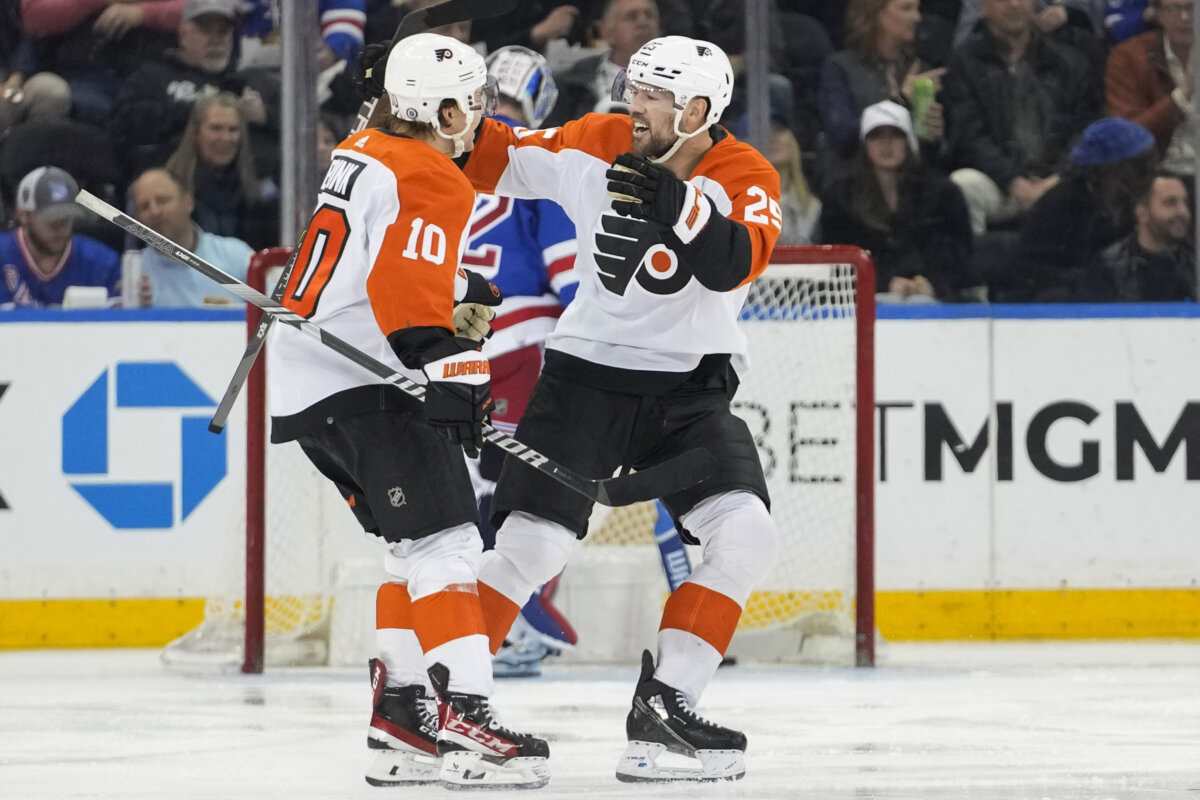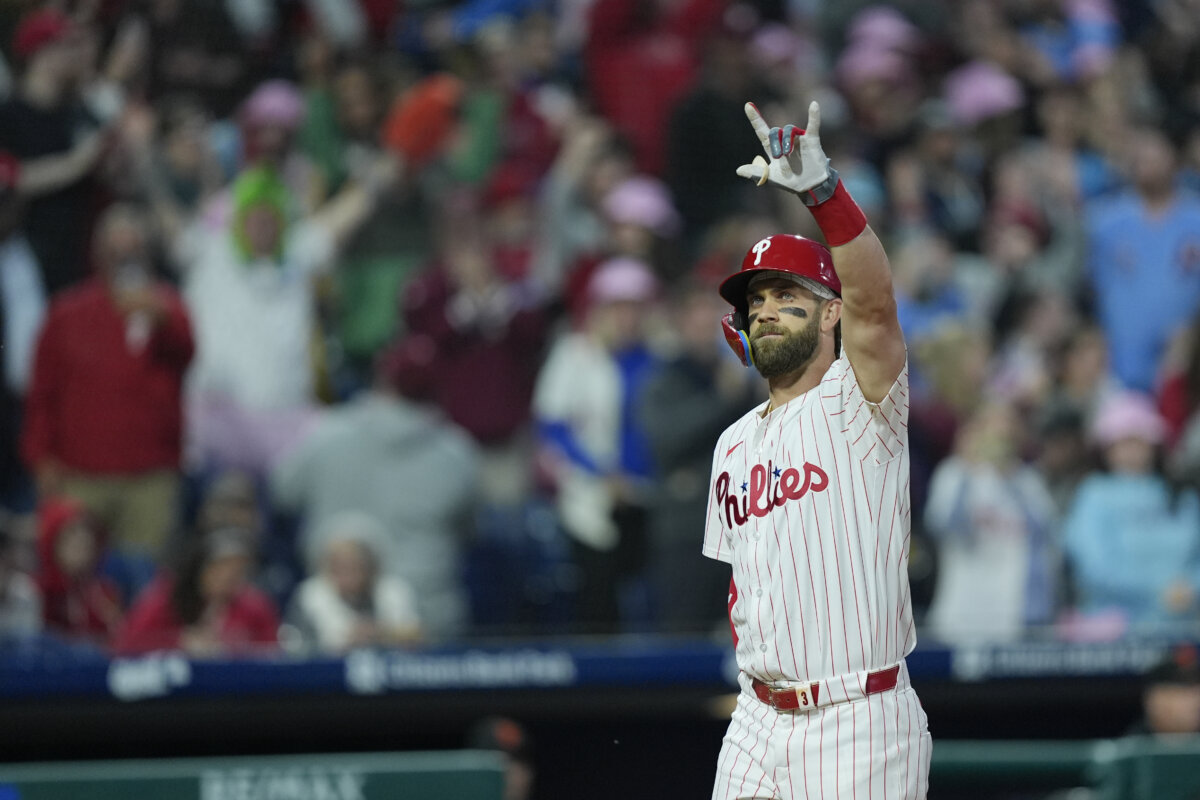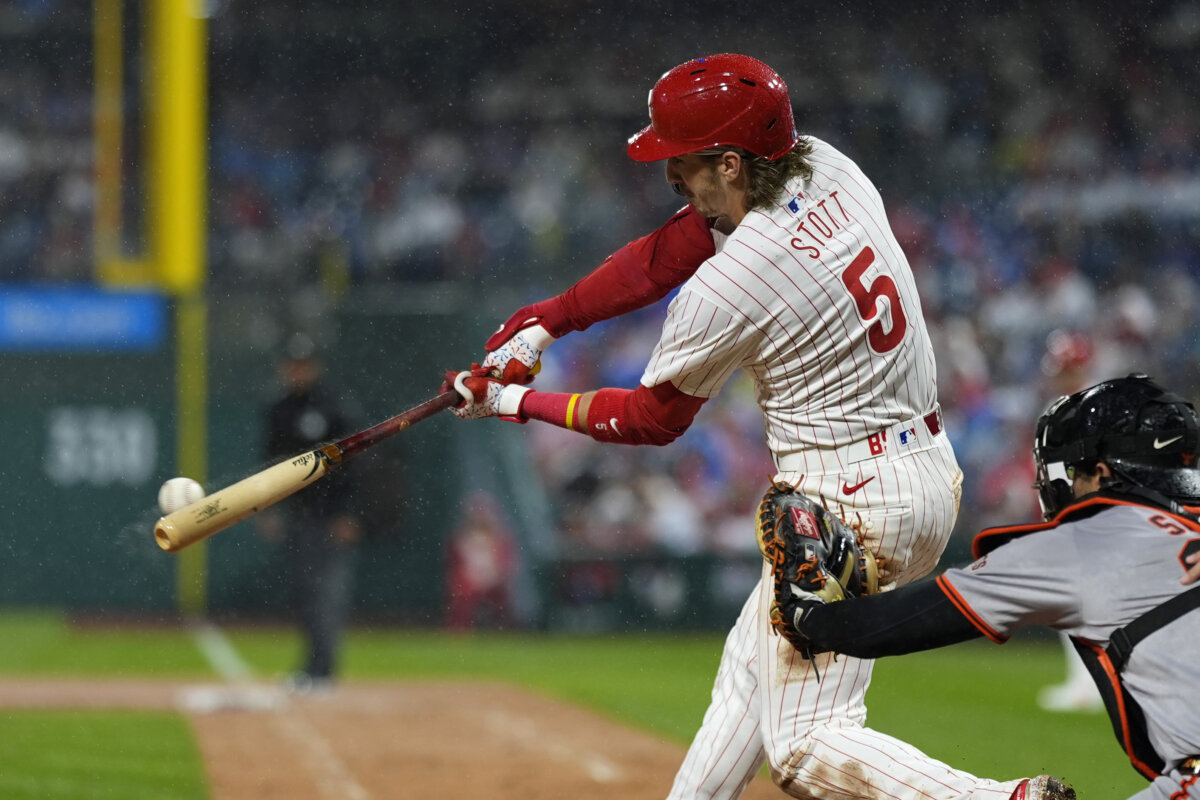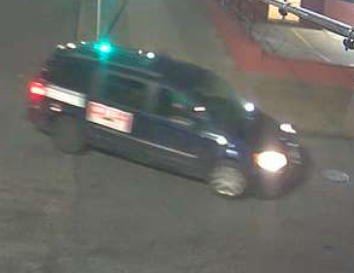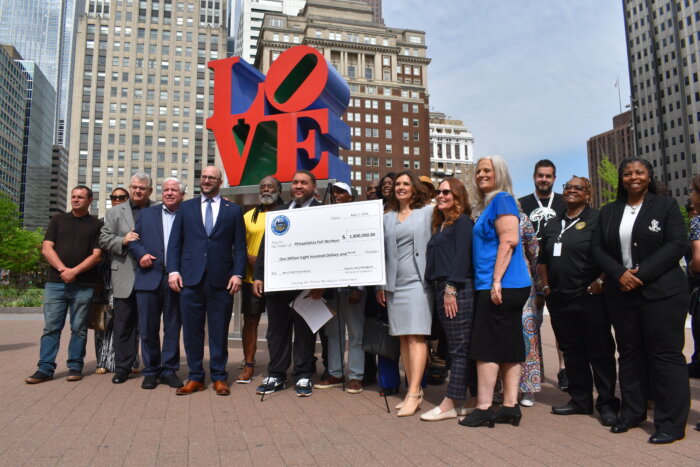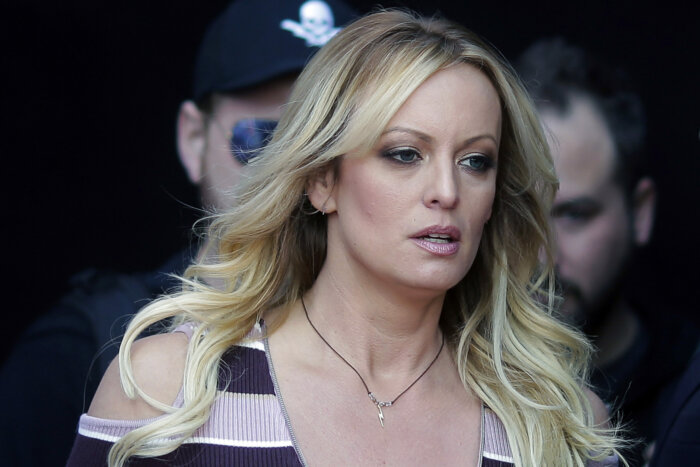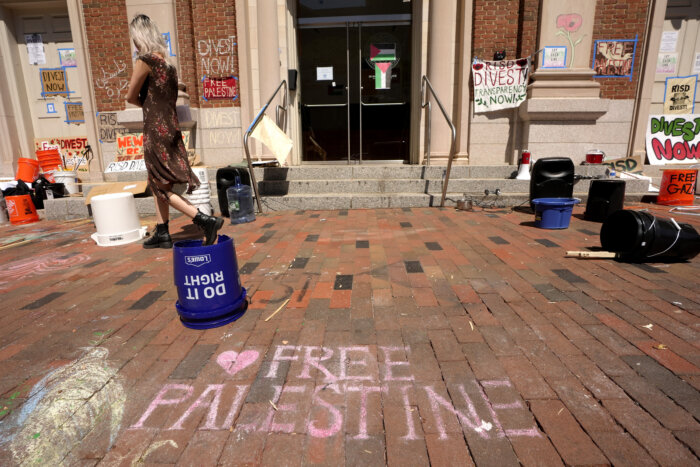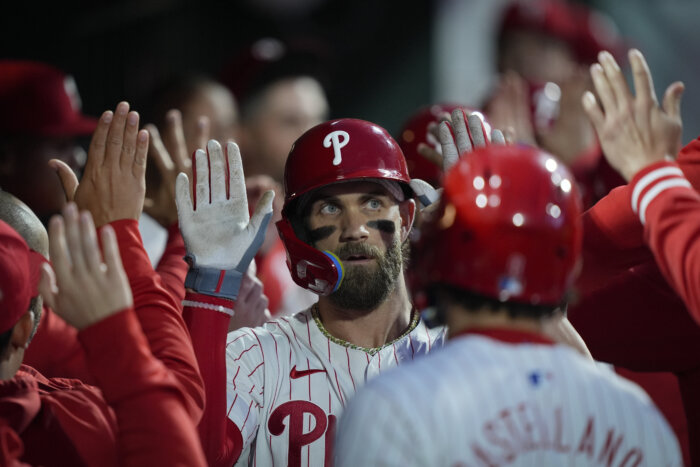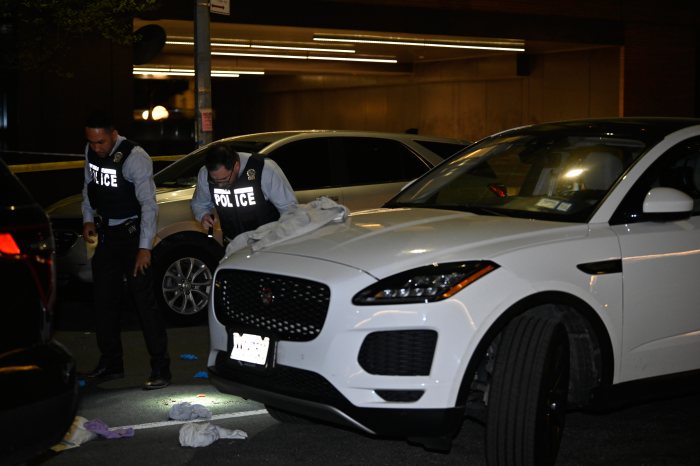SEPTA began requiring riders to wear masks Monday as the region headed into its first full week under the “Yellow Phase” of Gov. Tom Wolf’s coronavirus reopening plan.
The authority reversed its initial policy mandating facial coverings in April after a viral video surfaced showing police dragging an unmasked man from a bus.
SEPTA spokesman Andrew Busch said the requirement won’t be strictly enforced, and officers won’t be involved at all. Instead, transit employees will remind riders to wear masks.
“Nobody faces the possibility of a citation or being thrown off a vehicle or anything like that,” he told Metro.
Officials said any covering, including a bandana or old shirt, would be acceptable.
SEPTA, like many public transportation systems across the country, has been hit hard by COVID-19. Ridership has fallen dramatically — about 90 percent — and the authority is anticipating a $125 million shortfall for the fiscal year that ends June 30.
In addition, nearly 300 SEPTA employees have tested positive for the virus, and seven have died from COVID-19-related complications.
Philadelphia on Monday reported 162 new cases since Saturday and one additional death, bringing the city’s toll to 1,414. Nearly 6,000 people infected with the virus have died in Pennsylvania since the start of the pandemic.
SEPTA is expecting ridership to begin increasing as restrictions are lifted on business activity.
The authority is planning to transition to an enhanced Saturday schedule for Regional Rail lines by the end of the month, though Busch said some service could be brought back before then if the demand is there.
Six rail lines have been suspended since SEPTA implemented its “Lifeline Service Schedule” in early April.
Modified Regional Rail schedules may continue even when the region enters the Green Phase, according to SEPTA’s recently-published reopening guide.
Busch said the authority is trying to be flexible and monitor developments, such as when major employers will begin requiring employees to come into work.
“There may not be as many people riding as were riding, say, late February before the pandemic,” he said. “We want to ramp it up the right way, with service that matches what people need.”
Buses, trolleys and subways returned to a mostly normal schedule last month, but a total of 18 stations have remained closed on the Broad Street and Market Frankford lines.
Busch said SEPTA is focusing on sanitizing open stations. There is currently no timeline for when those stops will begin operating again, he said.
Passenger limits on buses and trolleys remain, and seats are being roped off to facilitate social distancing.
CCT Connect, a transportation service for people with disabilities and senior citizens, resumed full service last week. Drivers are limiting the number of riders on each vehicle and asking that customers bring exact change.
